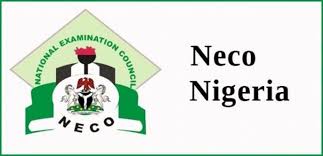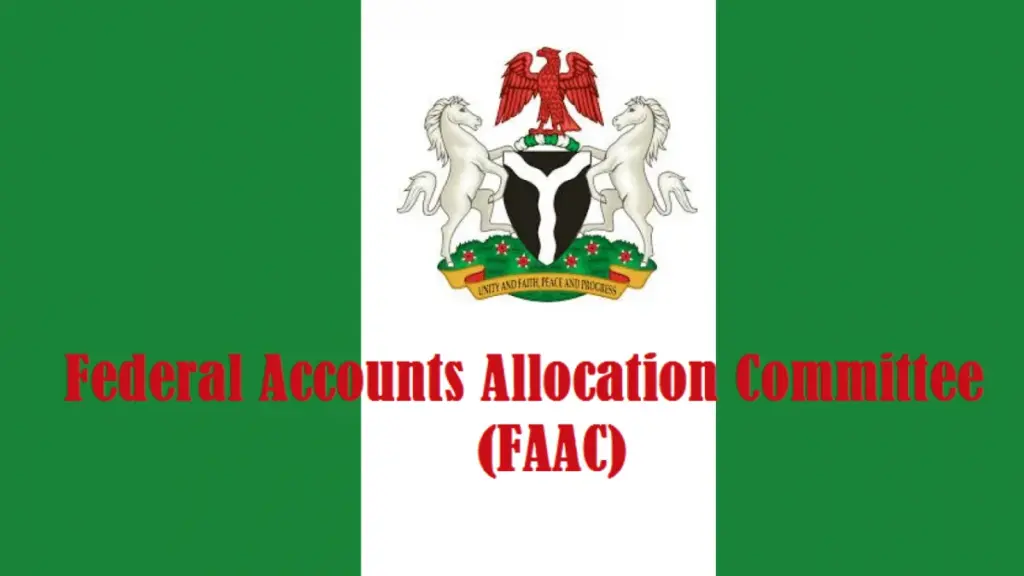The 774 Local Government councils in the country collected the sum of N 4.603 trillion from Federation’ Account Allocation Committe ( FAAC) as revenue from July 2024 to July 2025. This is within the one year after the Supreme Court judgement granting financial autonomy to third tier of government, a Sunday Telegraph’ analysis of the portion of FAAC allocation to the local government councils showed.
Findings by this medium revealed that the state governors mounted series of hurdles that rendered compliance and implementation of the autonomy verdict impossible.
FAAC allocation are still being hijacked by state governors, further findings revealed. This is done through the Joint Accounts maintained by the states and the councils. Investigations showed that many of the councils have not opened an account with the Central Bank of Nigeria(CBN), from where they could receive the funds directly.
The Supreme Court of Nigeria, in a landmark judgment on July 24 last year, granted financial autonomy to the councils, stating that it was unconstitutional for state governors to withhold their allocated funds or dissolve their councils.
The landmark ruling was to ensure that local governments can directly receive their allocations from the Federation Account, manage their finances, and execute local development projects.
The decision also invalidated the use of caretaker committees and sole administrators in local government administration.
Rather than comply, state governors deployed various arm- twisting tactics that botched the court ruling.
Analysts have also referenced that the failure of the Federal Government to ensure full enforcement of the judgement has much to do with politics as every intrigue is being deployed towards 2027 elections.
The local government councils were to open an account with the Central Bank of Nigeria (CBN) for receipt of their monthly allocation from FAAC.
Latest update showed no local government had complied with opening account with the CBN, though efforts to get official position on it from CBN proved abortive.
According to FAAC data, local government councils’ allocation in July 2024 was N343.703 billion; August: N306.53bn; September: N329.864bn; October N355.621bn; November: N402.553 billion and December 2024 was N361.754 billion. For January 2025, it was N434.567 billion; February allocation was N410.559 billion; March allocation, N387.002 billion; April allocation shared out to 774 councils was N406.627 billion while the latest allocation for May stands at N419.968 billion, June allocation shared in month of July N444.853bn .
On Tuesday, the Federal Government, cited structural issues as being responsible for the failure of direct transfer of FAAC allocation to the local government councils.
The Minister of Finance and Coordinating Minister of the Economy, Mr. Wale Edun, said the government was working towards the full implementation of the Supreme Court ruling on local government autonomy. He said structural issues remain a key obstacle to direct fund transfers.
Edun spoke in Abuja at the Agora Policy Conversation.
Edun said that while the government recognised and upheld the landmark ruling affirming the financial independence of Nigeria’s 774 local government areas, translating policy into practice requires significant institutional adjustments.
According to him, the Supreme Court had made two key pronouncements — first, that only democratically elected local governments should receive allocations from the Federation Account; and second, that such allocations must be paid directly to them.
While the first directive has been enforced — with unelected councils excluded from receiving funds — the second is still being processed.
“Direct transfers to local governments are a work in progress. It is not as simple as flicking a switch.
“There are embedded structures, such as those for primary healthcare and basic education, that currently operate under state supervision, and these require reconfiguration before direct funding can happen effectively”, he added.
He said the ongoing challenge lies in modifying these legacy arrangements without disrupting vital services.
“You need a serious tinkering of the existing funding architecture to allow local governments to receive and manage allocations directly.”
The minister emphasised that the Federal Government was committed to upholding the rule of law and would fully implement the Supreme Court ruling.
“In a democracy, the rule of law is paramount. The Supreme Court has ruled. It is the duty and obligation of the Federal Government to implement it.”
He emphasised the strategic role of local governments in driving President Bola Tinubu’s Renewed Hope Agenda, adding that meaningful grassroots development could only occur if councils were empowered to manage their own resources.
“To lift millions of Nigerians out of poverty, we must start from the grassroots. Local Governments must be engines of development,” Edun said.
“Autonomy isn’t just a legal issue; it’s a development necessity,” he said.
Edun also revealed that the government was pursuing multiple initiatives to strengthen local governance structures.
“These include a national nutrition programme across all 774 local government areas and the Local Government Connectivity Project to improve digital access. According to him, better connectivity would enhance access to markets, education, and healthcare services — ultimately supporting inclusive growth”, said the Minister.














